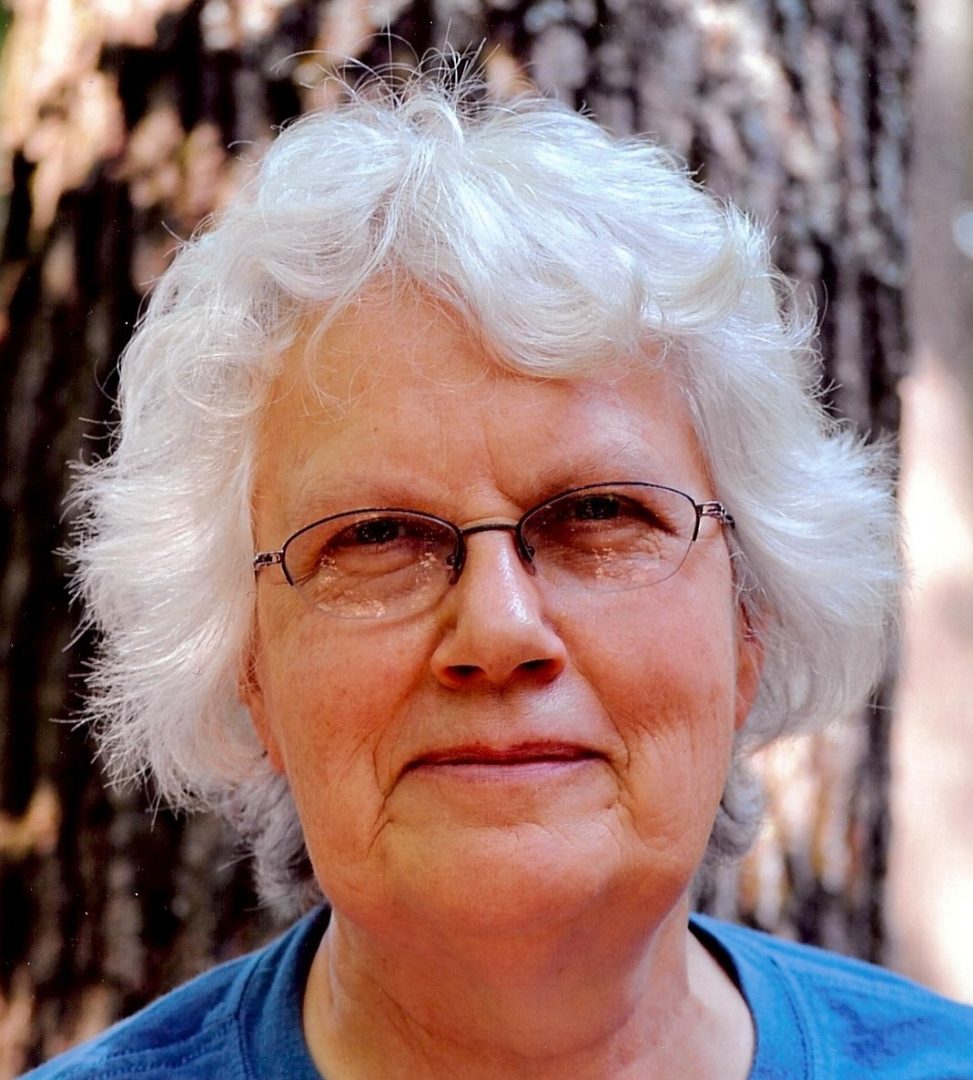The Osher Lifelong Learning Institute (OLLI) at Penn State and the Pennsylvania Military Museum are collaborating to offer a pop-up course with Beverley Driver Eddy, author of “Ritchie Boy Secrets: How a Force of Immigrants and Refugees Helped Win World War II.” The pop-up course will be presented online through Zoom and in-person at The Pennsylvania Military Museum in Boalsburg from 1:30 – 3 p.m. on Friday.
The Ritchie Boys were bilingual immigrants and refugees who were trained in interrogation, photo interpretation, and order of battle during World War II at Camp Ritchie—a military intelligence training center for the United States Army in Washington County, Maryland. Eddy, a German and Danish scholar and professor emerita from Dickinson College, said writing about the Ritchie Boys at this time in history was important because she wanted to give voice to their story while they were still around to tell it themselves.
“There were many secrets about the camp. For instance, only 20 percent of the Ritchie Boys were Austrian and German. The rest of them were from other countries such as France, Iceland, Syria, Jamaica, and Japan,” Eddy said. “Some of the Ritchie Boys were Black, some were Japanese Americans recruited directly from American detention camps to fight for our country, and many of them were Jewish refugees at a time when sentiments of anti-Semitism and racism were high. It was a remarkable camp, where everyone realized their mission was more important than race.”
Eddy said some of the Ritchie Boys she interviewed were in their 90s, one was 107 years old. She keeps in touch with the children of those who have passed on. Eddy said it is important to keep sharing their story with future generations.
“They were a gentle people. They fought with words, not bombs. There is another way of doing things,” Eddy said. “They never laid a hand on the prisoners. They used psychological warfare, not torture, and they got more reliable information. They would capture 100-200 people and be able to quickly size up who would be easy or difficult to crack. They used common interests and inside information from their native countries to align themselves with the prisoners to get them to talk.”
Eddy interviewed 10 Ritchie Boys for her book and credits colleagues who provided additional stories and photographs. She said one of her favorite veterans is Albert Rosenberg.
“Rosenberg was a German who had just started at university when he was assaulted by Nazi thugs and suffered permanent jaw and back damage. He fled Germany, but later returned as an interrogator,” Eddy said. “He and his team interviewed the freed prisoners of the Buchenwald Concentration Camp about how it functioned. He was able to get information that was later used in the Nuremberg Trials. After the war, he became a social worker and served as a mediator between Whites and Blacks in America to help Blacks find housing and jobs.”
To learn more about the Ritchie Boys, register for the OLLI at Penn State Pop-Up Course: Ritchie Boy Secrets. The course is open to members and nonmembers. The cost is $15 to attend online, and $20 to attend in-person, which also covers a self-guided tour of the museum.
OLLI at Penn State, a service of Penn State Outreach, offers community members—age 50 years or better—the opportunity to learn, explore, and connect through educational, travel, social, and volunteer experiences.
The Pennsylvania Military Museum is a community gathering place welcoming audiences of all abilities and backgrounds to gather and explore the story of the Commonwealth’s men and women serving in the U.S. Armed Forces, civilian activities, and Pennsylvania’s contributions to military innovation.



